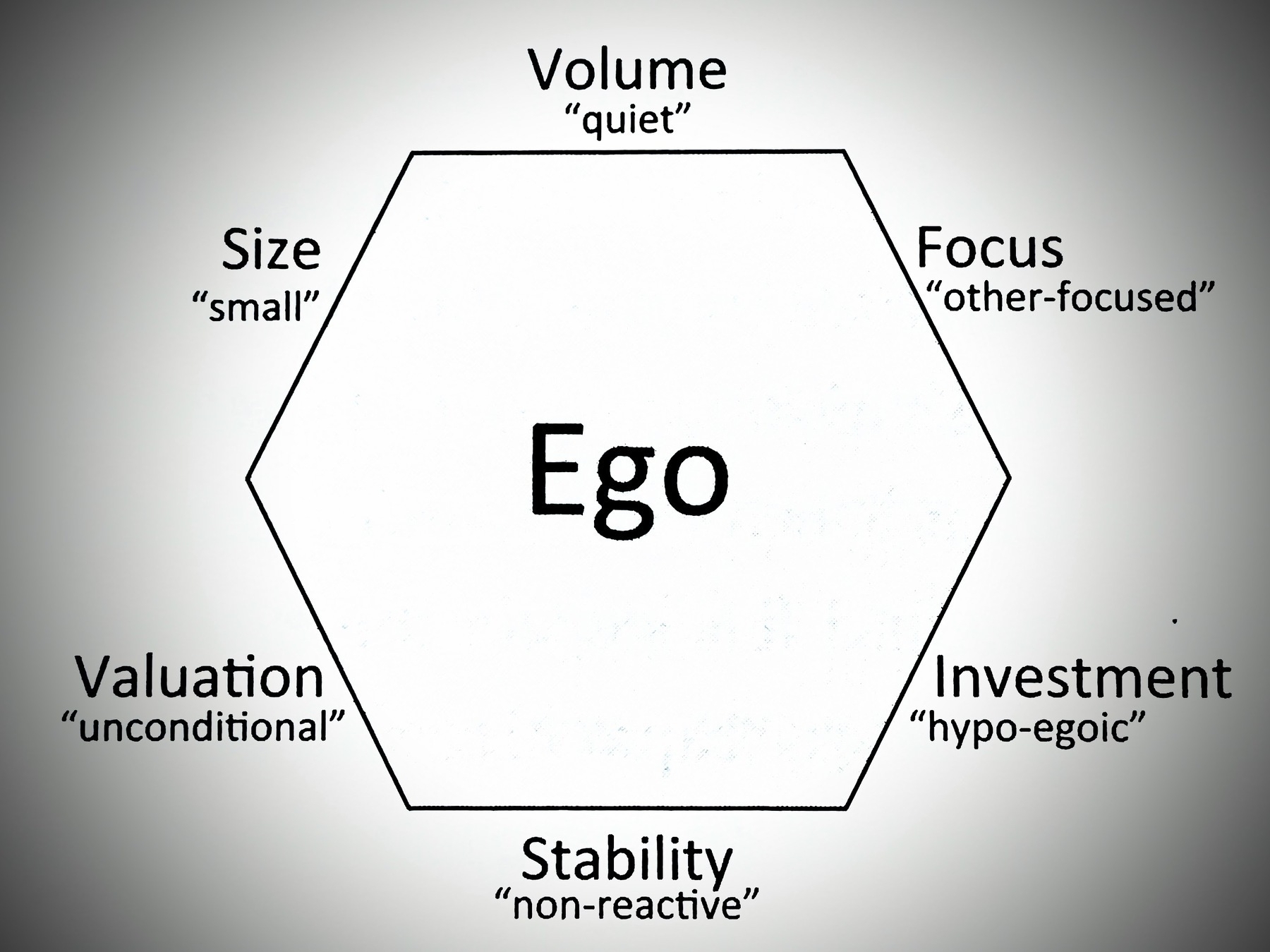📚 The Shape of Joy
Read: The Shape of Joy by Richard Beck
Recommended

My Reading Highlights and Notes
- our focus has moved from outside to inside
- faith and spirituality are one of the best predictors of happiness and emotional well-being
- “shape” is referring to the curve of our attention
- “grace exists, and you have to turn away from yourself to find it”
- Cartesian doubt flipped the order of believing in facts from everything observable to the state of our own mind
- What Descartes did for truth, Freud did for mental health
- (and it’s hard to have a “clear, honest” view of ourselves)
- “scarcity trap” - where dealing with one area exacerbates another
- self-esteem can be thought of as the gap between who you are and who you want to be (success vs. pretensions)
- (this is dangerous with our appetites & comparisons & hedonic adaption, also dangerous because you “measure” it and it is variable)
- you can’t “talk someone out of” the cracks in the mirror that are their self-view of self-esteem
- “conspiracies proliferate because we prefer comforting lies over the unexplainable and mysterious”
- (they also create community and give us a “heroic purpose”)
- “there seems to be an asymmetry here between the magnitude of the hatred give the triviality of the subject matter” (this happens in fan culture because we have literally bought into meaning)
- “nothing defines the modern self better than how we vote”
Time, now, to hold up the mirror. I have a few questions to ask you: What’s your hero game? How are you exhausting yourself pursuing status, success, and significance? Why can’t you rest? What bike pump of self-esteem are you working at so furiously to fill your life with purpose? Where are you seeing the devil in the face of others? What are the prejudices at the root of your easy hatreds? I know you (probably) aren’t wearing a cape or a mask, but tell me: What’s your superhero complex?
- “our default mental state is that our minds wander, and getting lost within ourselves makes us unhappy”
- D: depressive rumination
- self-distancing technique: replace personal pronoun with your own name, helps with objectivity
- cognitive restructuring and CBT may still be rumination because it’s still focusing on your thoughts
- ACT (Acceptance and Commitment Therapy) goes a step beyond CBT in distancing
- (this gets to the observe/curious angle I’m familiar with in various approaches, like many mindfulness practices)
- contemplative prayer quiets the ego
- “humility is the foundation of happiness”
- (not talking about self-effacing, but less self-invested)
- “awe” and “wonder” can pull us outside ourselves
- “transcendence is the key to joy”
- “science knows the direction of joy and is happy to hand you a map, but science is silent on the source of joy”
- the “firmness” of material vs transcendent world has switched form how ancients experienced it
- we experience more awe from moral beauty than from physical beauty (e.g. courage & kindness over art & nature)
- relational/social “mattering” is important, but cosmic/existential “mattering” is far more important
- (especially since relationships can let you down, especially when you need them most)
- “our perception is affected by what we care about”
- meaning is determined by coherence, purpose, and mattering and joy affects all these and gives a narrative/anchor for 1 & 2
- gratitude also faces outward and is transcendent
- love (especially sacrificial love) must have a firm foundation in healthy ego, not doing the “goldilocks game”
- if you are struggling with the ego/transcendence, find people/things to love and care for: it pulls you outside of yourself
I’ve been in CBT for years, but didn’t think it helped much. Have some basic experience with ACT, having read The Happiness Trap, and had some counselling with it. Think it helps more than CBT, but maybe not as much in my specific situation. The American Military has an ACT app in the App Store, but I fear it’s primarily to find troublesome cases before they happen.